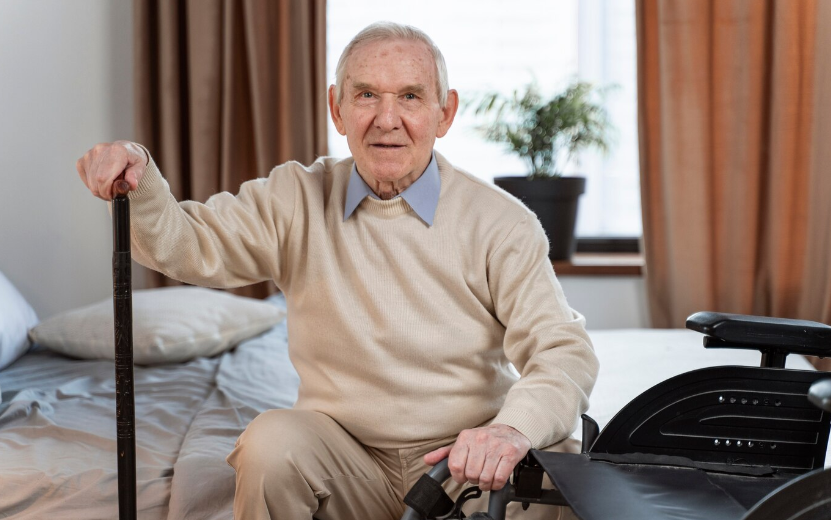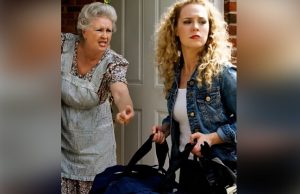
In an unexpected turn of events, a squatter who took over an empty house originally owned by a retiree and gained the legal right to become its owner recently sold the property for an astounding £540,000.
This amazing story of property ownership and court conflicts took place in Newbury Park, East London, between Keith Best, the squatter, and Colin Curtis, the previous owner of the three-bedroom semi-detached house.

The story opens with Colin Curtis, who has lived in the house with his mother for many years. However, Colin moved out in the late 1990s, leaving the property unoccupied. During this period of neglect, Keith Best, a builder by trade, discovered the vacant house while working in the neighborhood. Seeing an opportunity, Mr. Best began treating the property as his own and set out on a mission to restore it to its former beauty. He officially moved into the residence in 2012, together with his wife and child.
A few months later, Keith Best decided to take a risk and petitioned the courts for permanent control of the property.
At the time, the mansion was thought to be valued approximately £400,000. What makes this story even more astonishing is that Mr. Best’s claim for ownership was based on the legal principle of adverse possession, which states that a trespasser can gain legal rights to property they do not legally own if they can demonstrate “control” over the property for an extended period of time.

The legal battle that followed was heated and unprecedented. Initially, the Chief Land Registrar dismissed Mr. Best’s application for adverse possession since it corresponded with the criminalization of squatting under the Legal Aid, Sentencing, and Punishment of Offenders Act. However, the High Court overturned the verdict in 2014. Mr. Justice Ouseley decided that the Registrar’s initial judgment was “founded on an error of law” and that previous laws, which viewed squatting as a civil matter, should be applied, providing Mr. Best legal ownership of the house.
Colin Curtis, who passed away in 2018 at the age of 80, launched a counterclaim in an attempt to regain ownership of the property.
However, Judge Elizabeth Cooke dismissed his claim, citing that he was not a registered administrator of his mother’s estate and had no legal standing to fight for her home.

The legal saga surrounding this property highlights the complexities of property ownership and the legal framework surrounding adverse possession. It also raises questions about the fairness and equity of such legal provisions, especially when properties are left vacant for extended periods.
Mr. Curtis, who had lived in the residence for years, felt bewildered and unfairly treated. He once said, “It isn’t fair.” The law is an asshole. It’s like someone getting into your car and claiming it’s theirs because they’re sitting in it.
The house’s history reflects Mr. Curtis’ hardships, as his son and daughter passed away tragically early.
Despite these obstacles, he and his mother are warmly remembered by his former neighbors, who remain bitter about how the law allowed Mr. Best to acquire possession of the property.

In a surprise twist, the residence was just sold to Atiq Hayat, 35, who confirmed that the transaction was done legally. He appreciated the house’s condition and stated that Keith Best’s name was on all required documents. The Hayat family, unknowing of the property’s problematic history, has carried out extensive modifications, including the construction of a rear and roof extension, raising the property’s worth to around £650,000.
This unique incident raises numerous problems regarding property rights, legal loopholes, and the moral and ethical consequences of adverse possession. It serves as a sharp reminder that the legal system may occasionally yield results that defy basic logic, leaving people like Colin Curtis feeling victimized by the very laws that are supposed to protect them.















